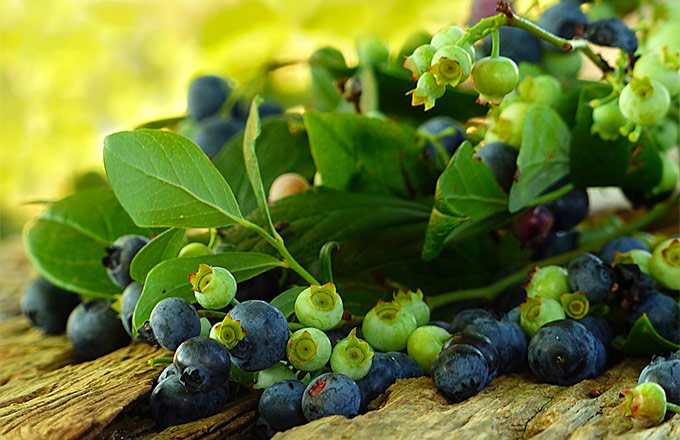There’s a reason why probiotics are starting to pop up more and more—between appearances in popular yogurt commercials, to an expansion of probiotics available in everyday grocery stores, it’s clear that a demand for these digestive helpers has exponentially increased (and for good reason). If you’re one of those people who has heard of probiotics, but would like to learn more, this article is for you. Continue reading to learn more about how probiotics can benefit soon to be mom’s and their little ones, to get a handle on how probiotics work, and to learn some of the lesser known (but impressive) abilities of probiotics!
As a Naturopathic Doctor, I work with patients of all ages and often with the whole family. Working with one family member usually has a positive trickle-down effect on the entire family as we start to introduce healthier foods and behaviours. A large proportion of my patients are women, and many are coming to see me for fertility and pregnancy support, and so I thought this would be a great opportunity to discuss a few key aspects about growing healthy babies. Incorporating some key supplements can make a long-lasting impact on your child’s health, plus it can leave you feeling pretty darn good, too!

Probiotics
Probiotic pioneer Dr. Plummer has been studying the effect and efficacy of probiotics on the human body for years. With a Doctorate in Microbiological Physiology (what a mouthful!), Dr. Plummer has lead some remarkable studies which show that probiotics strengthen the immune system, are protective against future onset of allergies and are safe in infants.
Dr. Plummer conducted a randomized, double-blind, placebo-controlled study with 454 pregnant women. Starting at 36 weeks pregnant, women were assigned to either the probiotic (10 billion CFU) or placebo groups. The women supplemented daily until birth, and then infants began daily supplementation until six months of age. Infants were later evaluated at two years of age, comparing placebo to probiotic treatment groups and the following finding was made:
At two years old, children in the probiotic group had significantly less frequent allergies to cow’s milk and egg protein. Statistically, significant differences were already apparent at six months of age, which were diagnosed by a skin prick reaction.
A meta-analysis (a scientific review) of 17 studies, reporting data from 4755 children found that infants treated with probiotics had a significantly lower incidence of eczema, compared to controls, especially those that were given a mixture of probiotic strains. The results of this 2015 review show that probiotic supplementation prevents infantile eczema.
How do probiotics do this?
Imagine a castle surrounded by a stone wall that’s under invader attack, and on top of every stone is a warrior. Those warriors are your immune cells that protect your digestive lining (the stone wall) from being breached. Without strong healthy warriors, the defenses are down which allow invaders to break through the wall and into your body (the castle). To keep the warriors (our immune cells) that line our digestive tract strong they need to eat. And they have a real taste for bugs!
Probiotics literally feed the immune cells that line our digestive tract.
If our immune cells don’t eat, they die, which leads to our digestive track lining sustaining damage and starting to leak. This is how ‘leaky gut’ starts!
References:
https://www.ncbi.nlm.nih.gov/pmc/articles/PMC4215350/
https://www.ncbi.nlm.nih.gov/pubmed/26198702
